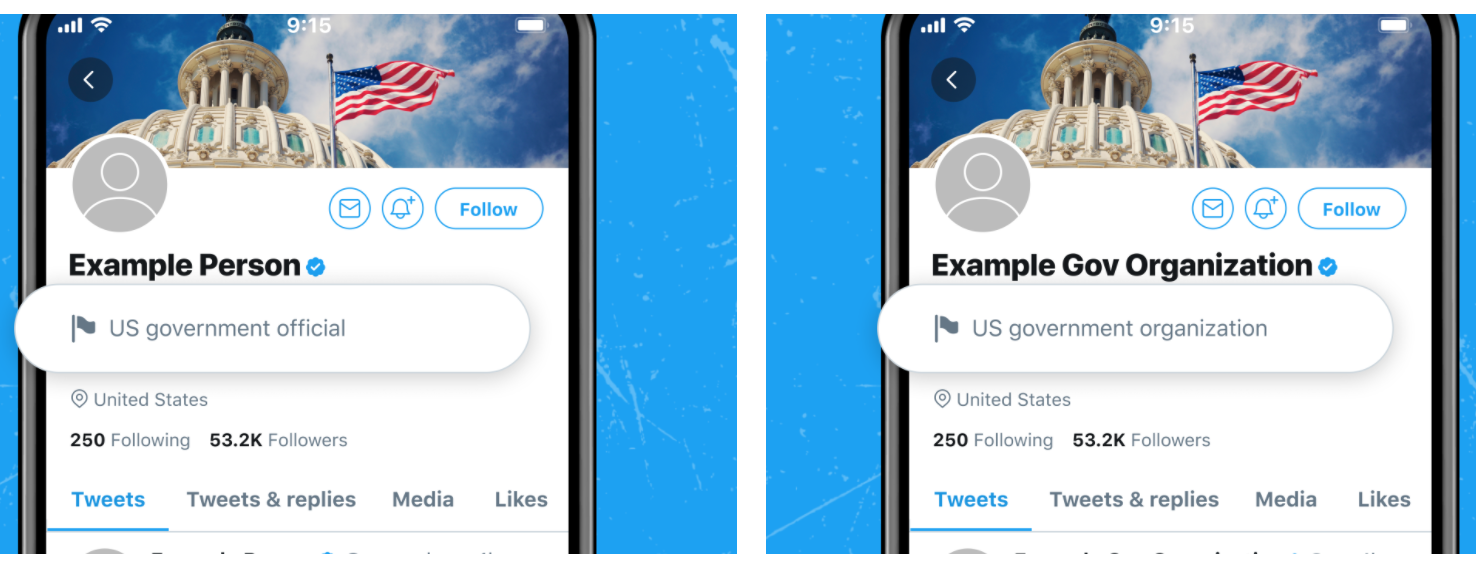Even as a political storm over Twitter rages on in India, the social media platform has announced that it would start adding labels to identify more State-linked accounts, including world leaders’ personal accounts, to give users more context for geopolitical conversations on it.
"Our primary motivation is to give people on Twitter, wherever in the world they are, more context about the tweets they're seeing, rather than about changing the way governments behave," Nick Pickles, Twitter's global director of public policy strategy and development, was quoted as saying.
These labels aren't punitive. They don't limit the visibility of tweets. They don't affect how people see these tweets. It's just additional context to apply to tweets, he added.
Twitter is in the eye of controversy ever since it de-platformed former US President Donald Trump. Now in India, it is being accused of not carrying out government's plea for action against handles that it (Indian government) claims are inimical to the nation's interest. In places like Myanmar and Iran, Twitter is caught in a combat with the State.
- Indian alternatives to WhatsApp, Twitter get going - They're Sandes & Koo
- Twitter's new policy for 'blue tick' kicks in from today
- How to mute people and words on Twitter
- How to send voice tweets on Twitter
India not in the list of 16 new countries

It may be recalled that last year, Twitter began affixing labels to the accounts of State-backed media outlets like Russia’s Sputnik and China’s Xinhua News. It also identified some top government officials of five permanent members of the United Nations Security Council --- China, France, Russia, the United Kingdom and the United States.
Now, in a blogpost Twitter said that it was expanding its labels to key government officials and institutions that were “the voice of the nation state abroad” from G7 countries and a majority of countries where Twitter has identified what it deems State-linked information operations.
The 16 new countries where senior officials and institutions will be labelled are: Canada, Cuba, Ecuador, Egypt, Germany, Honduras, Indonesia, Iran, Italy, Japan, Saudi Arabia, Serbia, Spain, Thailand, Turkey, and the United Arab Emirates.
India is conspicuous by its absence in the list.
For clarity: we don't let state-affiliated media accounts advertise on Twitter. We’ll also no longer include them or their Tweets in recommendations, as we continue to support a free and independent press.More on this policy and new labels: https://t.co/BY1jTO46Zc (2/2)August 6, 2020
Twitter will also label the personal accounts of heads of state from these countries for use of these accounts for diplomacy.
Twitter said it will continue expanding the labels to more countries.
"As the next phase of this project, we will work to apply additional labels on state-affiliated media accounts over the next several months, taking an iterative approach to ensure we capture all relevant accounts," Twitter said in its blogpost.
from TechRadar - All the latest technology news https://ift.tt/3jOnZAL


